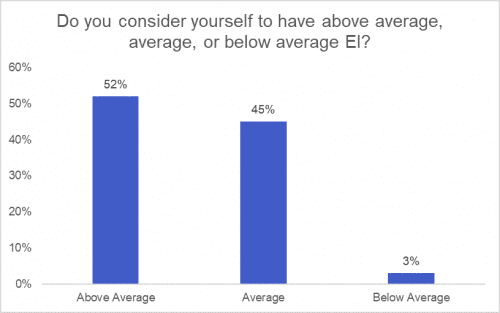Gender Dysphoria Assessment Test
3 Min Free Gender Dysphoria Assessment Test
Who Can Benefit From This Gender Dysphoria Assessment Test?
The Gender Dysphoria Assessment Test can benefit individuals who are questioning their gender identity or experiencing distress related to their gender identity. This may include individuals who identify as transgender, non-binary, or gender non-conforming, as well as those who are exploring their gender identity.
The test can help individuals assess their level of gender dysphoria, which is the distress that some individuals experience due to a discrepancy between their gender identity and their assigned gender at birth. The test can also provide guidance on next steps, such as seeking medical or mental health support, and can help individuals better understand their gender identity.

Gender Dysphoria Assessment Test Accuracy

The accuracy of a Gender Dysphoria Assessment Test can vary depending on several factors. The test is designed to provide insight into an individual’s level of gender dysphoria, but it is important to recognize that gender dysphoria is a complex and multifaceted experience that can be difficult to measure accurately.
The accuracy of the test may be influenced by the individual’s ability to accurately report their experiences and emotions related to their gender identity, as well as the ability of the test to capture the full range of experiences related to gender dysphoria.
Types of Gender Dysphoria Assessment Test
Diagnostic and Statistical Manual of Mental Disorders (DSM):
The DSM is a diagnostic manual used by mental health professionals to assess and diagnose mental health conditions, including gender dysphoria. It provides criteria for diagnosing gender dysphoria in children and adults.
World Professional Association for Transgender Health (WPATH):
The WPATH Standards of Care provide guidelines for the assessment and treatment of individuals with gender dysphoria. The guidelines recommend a comprehensive assessment, including a mental health evaluation, physical evaluation, and social evaluation.
Questionnaires:
Questionnaires are self-report measures that ask individuals to provide information about their experiences related to gender dysphoria. The questions may cover topics such as gender identity, gender dysphoria symptoms, and quality of life.
Interviews:
Interviews are structured or semi-structured conversations between an assessor and an individual with gender dysphoria. The interviews may cover topics such as gender identity, gender dysphoria symptoms, and social and family relationships.
Psychological Tests:
Psychological tests are standardized measures used to assess mental health and emotional functioning. Tests that may be used in the assessment of gender dysphoria include measures of depression, anxiety, and quality of life.
Biological Markers:
Biological markers, such as hormonal levels and brain activity, can be used to assess the biological underpinnings of gender dysphoria. These tests are often used in conjunction with other assessment methods to provide a comprehensive understanding of an individual’s experience of gender dysphoria.
Treating issues related to Gender Dysphoria
Gender dysphoria can cause significant distress and impact an individual’s mental health and well-being. The following are some strategies that can be helpful in treating issues related to gender dysphoria:
- Supportive Environment: Creating a supportive environment that validates and affirms an individual’s gender identity can be crucial in treating gender dysphoria. This may include support from family, friends, and healthcare professionals.
- Mental Health Counseling: Mental health counseling can be helpful in addressing the emotional distress related to gender dysphoria. Counseling can provide a safe space to explore gender identity and related emotions and can help individuals develop coping strategies.
- Hormone Therapy: Hormone therapy can be used to align an individual’s physical characteristics with their gender identity. This may include hormone replacement therapy (HRT) or other medical interventions, such as puberty blockers.
- Gender-Affirming Surgery: Gender-affirming surgery may be appropriate for individuals who desire physical changes that cannot be achieved through hormone therapy alone.
- Support Groups: Support groups can provide individuals with gender dysphoria the opportunity to connect with others who have similar experiences. Support groups can offer a sense of community and help reduce feelings of isolation.
- Legal Support: Legal support may be necessary to obtain legal recognition of an individual’s gender identity, such as changing legal documents or accessing healthcare.

